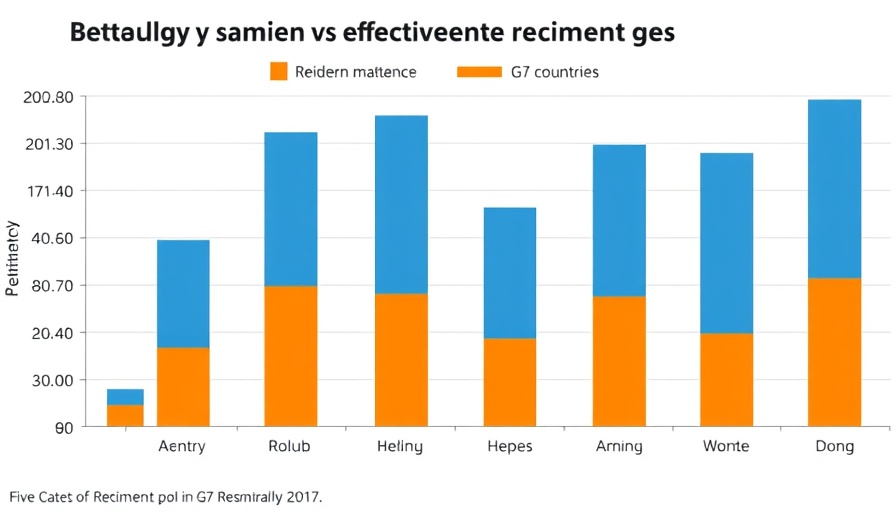
Rethinking Talent Acquisition for Gen Z
As Gen Z enters the workforce, they bring a unique set of expectations that demand a significant overhaul of traditional HR practices. It’s not just about filling roles; it’s about engaging a generation that has grown up in a digital world marked by rapid change and social awareness. This cohort prioritizes values over paychecks, and understanding their mindset is crucial for attracting and retaining top talent.
Understanding Gen Z's Expectations
Unlike older generations who might focus primarily on salary and benefits, Gen Z candidates delve into deeper issues. They assess an employer's values, culture, and commitment to diversity before even applying. According to Deloitte’s 2025 survey, 44% of Gen Z respondents have rejected job offers from companies whose ethics did not align with their own. This emphasizes the need for transparency in workplace culture as a vital part of the recruitment process.
The Importance of Agility and Speed
In a competitive job market, time is of the essence. Gen Z has little patience for outdated hiring rituals. Lengthy interview processes and unclear job descriptions can create a perception of disorganization. Fast and streamlined recruitment not only respects candidates’ time but also demonstrates organizational effectiveness.
Redefining Employee Engagement
Wellbeing and mental health support now take center stage in recruitment efforts. With 40% of Gen Z reporting high stress levels, companies must showcase their commitment to employee wellness. This includes promoting flexible work arrangements and mental health resources to ensure alignment between organizational values and employee needs.
Conclusion: A New Age of Talent Management
For CHROs and VPs of Talent, adapting to Gen Z’s expectations is not optional—it’s essential for building a resilient and empowered workforce. By placing emphasis on values, agility, and employee wellbeing, organizations can ensure they not only capture but sustain the interest of this rising generation.
Redefining the talent acquisition strategy is key to maintaining a high-performing culture that can adapt to future challenges. Leaders must ask themselves: are we ready to provide the workplace that Gen Z is seeking?
 Add Row
Add Row  Add
Add 




Write A Comment